Leaders of Viet Hoa ward directly guide people to classify waste at source.
Regulations on not classifying garbage will be punished
From January 1, 2025, waste sorting at source will become mandatory in all localities across the country. This is an important step to reduce pressure on the environment, save resources and promote a circular economy.
According to the Law on Environmental Protection 2020, from January 1, 2025, domestic solid waste will be classified at the source (at each household) and then collected, gathered, and transported. Failure to classify domestic solid waste at the source will result in an administrative fine of VND 500,000 - 1 million (according to Decree 45/2022 guiding the implementation of the law).
According to the Department of Agriculture and Environment of Hai Duong, the total volume of solid waste generated in the province is currently about 1,297 tons/day and night, of which 608 tons/day and night are in urban areas; 689 tons/day and night are in rural areas. The rate of collection and treatment of solid waste in urban areas is 92.3%, and in rural areas 87%.
Of which, about 546 tons of domestic solid waste are treated at factories (accounting for about 42%); 175 tons are composted into food waste (accounting for about 13%); the remaining volume is buried in local landfills.
The amount of waste generated and requiring treatment is huge. If waste is sorted at the source, the amount of waste that needs to be treated will be significantly reduced, thereby reducing costs and bringing many economic and environmental benefits. However, the implementation of waste sorting at source in Hai Duong is still facing many difficulties. In particular, the punishment of households that do not sort waste - a sanction that can increase the rate of waste sorting at source - has not been implemented until now.
Lack of synchronization
Many households in rural areas build compost bins to use as fertilizer for their crops.
After about 3 months of regulations on implementing waste classification at source and applying fines for households and individuals who do not classify domestic solid waste taking effect, in Hai Duong, fines for not classifying waste at source cannot be implemented.
Mr. Doan Van Thanh, Head of the Environmental Management Department (Department of Agriculture and Environment) said: "The common difficulty in the whole province when implementing waste classification at source is that the awareness of organizations, individuals and households about the responsibility of waste classification is still limited, leading to difficulties in classification, collection and treatment. The main reason is that people have not seen the long-term benefits of waste classification at source in terms of both economy and environmental protection, so they have not formed the habit and maintained the classification to ensure the requirements".
Besides, most investment activities for environmental protection, including collection, transportation and treatment of domestic solid waste, often do not bring profits or low profits, making it difficult to attract potential investors.
Up to now, the Ministry of Agriculture and Environment has not yet issued guidelines for the model of solid waste treatment in urban and rural areas as prescribed in Clause 5, Article 78 of the Law on Environmental Protection.
According to the representative of the Department of Agriculture and Environment of Chi Linh City, the implementation of the classification of domestic solid waste at source in the communes and wards of the city still has limitations. In addition to the cause of people's awareness and the lack of synchronization of agencies in implementation, the results are currently limited to pilot models and movements implemented by local Farmers' and Women's Associations. For example, Dong Lac Ward has implemented a pilot project for 85 households out of a total of 2,918 households, of which the Farmers' Association has implemented 55 households to classify and process waste at home into compost and 30 households of women's association members have piloted the classification of solid waste at source in Te Son residential area.
Thai Hoc Ward has 1,925 households but has only piloted the classification of household waste at source for 20 households, implemented by the Women's Union in Lac Son residential area.
A typical example in implementing waste classification and treatment at source is Tan Dan ward, which has just implemented it in 785 households , reaching 35.4% of the total number of households...
While waste classification at source has not been spread to all people, it is impossible to punish households that do not comply.
In addition, Decree No. 45/2022 on administrative sanctions for violations in the field of environmental protection has limitations when applied in practice, depending on each locality issuing specific implementation regulations. The regulations are also at the level where the Ward People's Committee can only monitor and make records of businesses and individuals in the area if there are violations of littering and illegal dumping.
Need a roadmap
In many localities, the implementation of waste classification has only stopped at pilot models actively implemented by Farmers' and Women's Associations. In the photo: Women's Association of Tan Dan Ward (Chi Linh) instructs members on how to make IMO yeast to compost organic waste (photo provided by the facility)
According to the assessment of professional agencies, waste classification at source cannot be done overnight like regulations in other fields. This requires the drastic participation of the entire political system and the cooperation of each household.
Therefore, currently in Hai Duong, localities are focusing on propaganda and guidance on waste classification at source and pilot implementation, then expanding it so that people can form the habit of waste classification at source. Therefore, the punishment of households that do not comply is still a story for later.
According to Nguyen Thanh Tuan, Deputy Head of the Department of Agriculture and Environment of Hai Duong City, with the characteristics of urban areas, the city guides people to classify household waste into 5 types (instead of 3 types as in the Law on Environmental Protection), packaged in suitable packaging and packages for storage and transferred to collection, transportation and treatment units. The city has deployed the project to all communes and wards, choosing Gia Xuyen as the first locality to implement waste classification at source. Currently, the city continues to implement the plan to organize training for propagandists and conduct propaganda and mobilize people in wards and communes from the suburbs first, then the inner city on the basis of drawing experience, improving according to the model and method similar to Gia Xuyen commune.
"However, city residents are used to having their garbage collected daily, all of which goes into one bin/bag. Changing people's habits needs to be done gradually, from simple to complex, and it's best not to cause people to incur additional costs and effort to implement the project, so that the project can achieve the desired results," said Mr. Tuan.
Hai Duong city in particular and the whole province in general, after the implementation of waste classification at source is spread to 100% of households, then only households that do not comply will be punished. The form set by many localities is not to collect the waste of households that violate the law. When there are enough human resources and conditions for supervision, the punishment will be strictly implemented according to the law.
"The punishment must raise public awareness, must ensure that the punishment is effective so that people understand the need to classify waste at the source; must ensure that people understand how to classify waste, how it is collected, and how it is processed. That process must ensure convenience for people to mobilize their cooperation," added Mr. Doan Van Thanh.
Penalties for not classifying waste for individuals and households from January 1, 2025
According to Clause 7, Article 79 of the Law on Environmental Protection, the classification of solid waste generated by households and individuals must be carried out no later than December 31, 2024.
According to Official Dispatch 9368 of 2023 of the Ministry of Natural Resources and Environment (now the Ministry of Agriculture and Environment), the People's Committees of provinces and centrally run cities shall organize propaganda and dissemination to agencies, organizations, communities, households and individuals to classify domestic solid waste generated from households and individuals; implement the classification of domestic solid waste no later than December 31, 2024.
According to Clause 1, Article 26 of Decree 45/2022/ND-CP on administrative penalties, households and individuals who do not classify domestic solid waste or do not use packaging to contain domestic solid waste according to regulations will be fined from 500,000 to 1 million VND.
BANK
Source: https://baohaiduong.vn/vi-sao-hai-duong-chua-the-phat-vi-pham-phan-loai-rac-408518.html


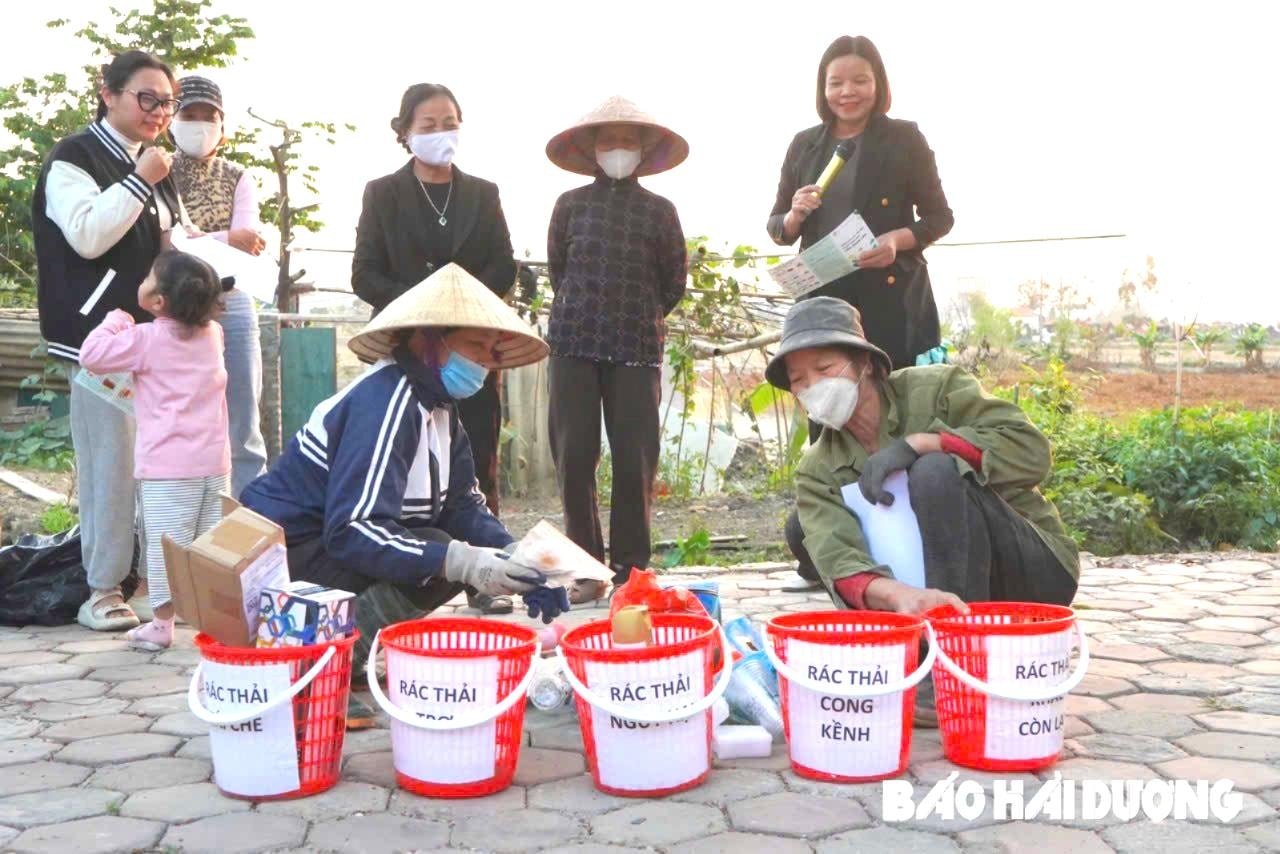
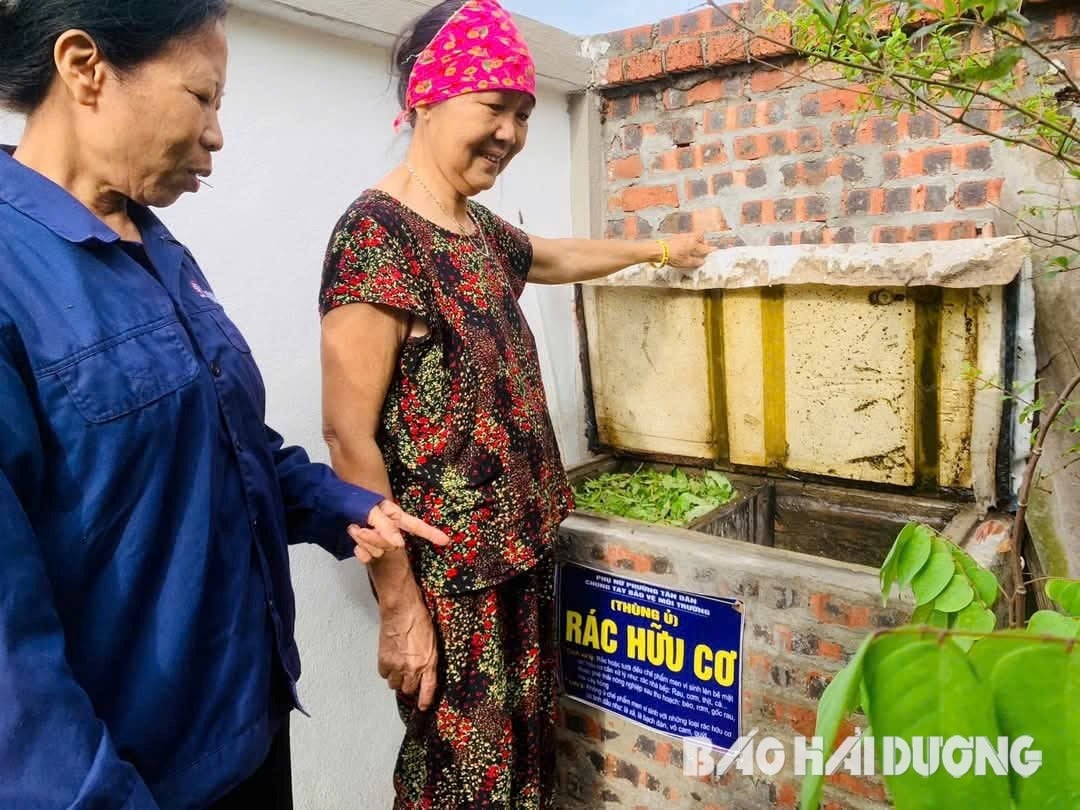
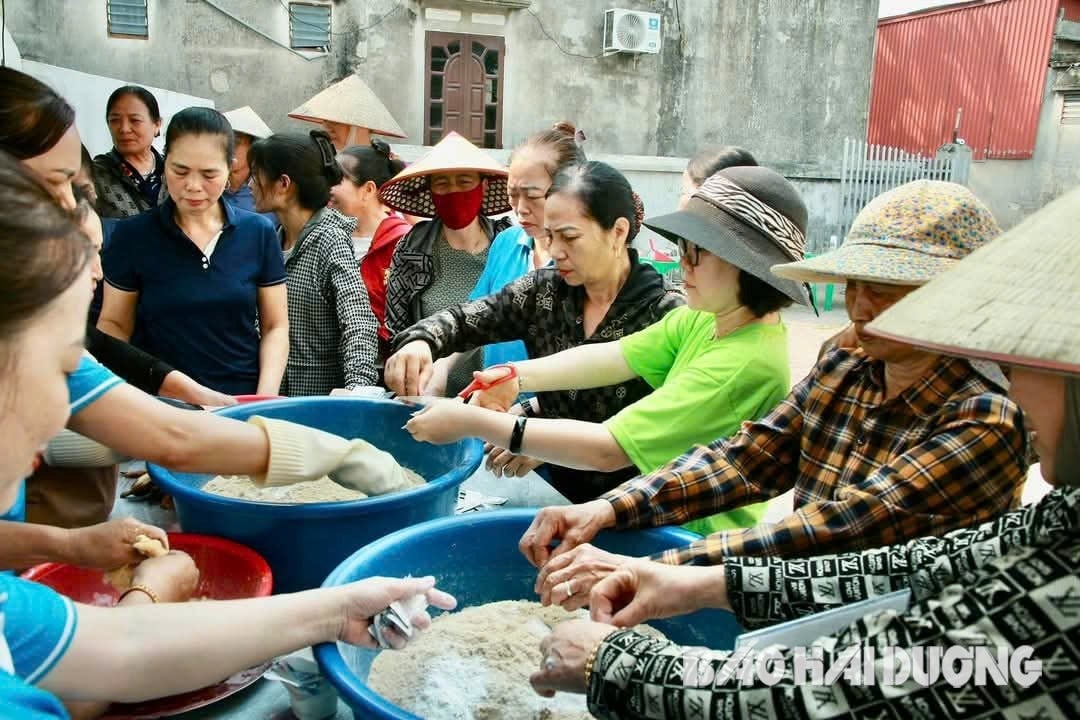

![[Photo] Closing of the 11th Conference of the 13th Central Committee of the Communist Party of Vietnam](https://vstatic.vietnam.vn/vietnam/resource/IMAGE/2025/4/12/114b57fe6e9b4814a5ddfacf6dfe5b7f)
![[Photo] Overcoming all difficulties, speeding up construction progress of Hoa Binh Hydropower Plant Expansion Project](https://vstatic.vietnam.vn/vietnam/resource/IMAGE/2025/4/12/bff04b551e98484c84d74c8faa3526e0)







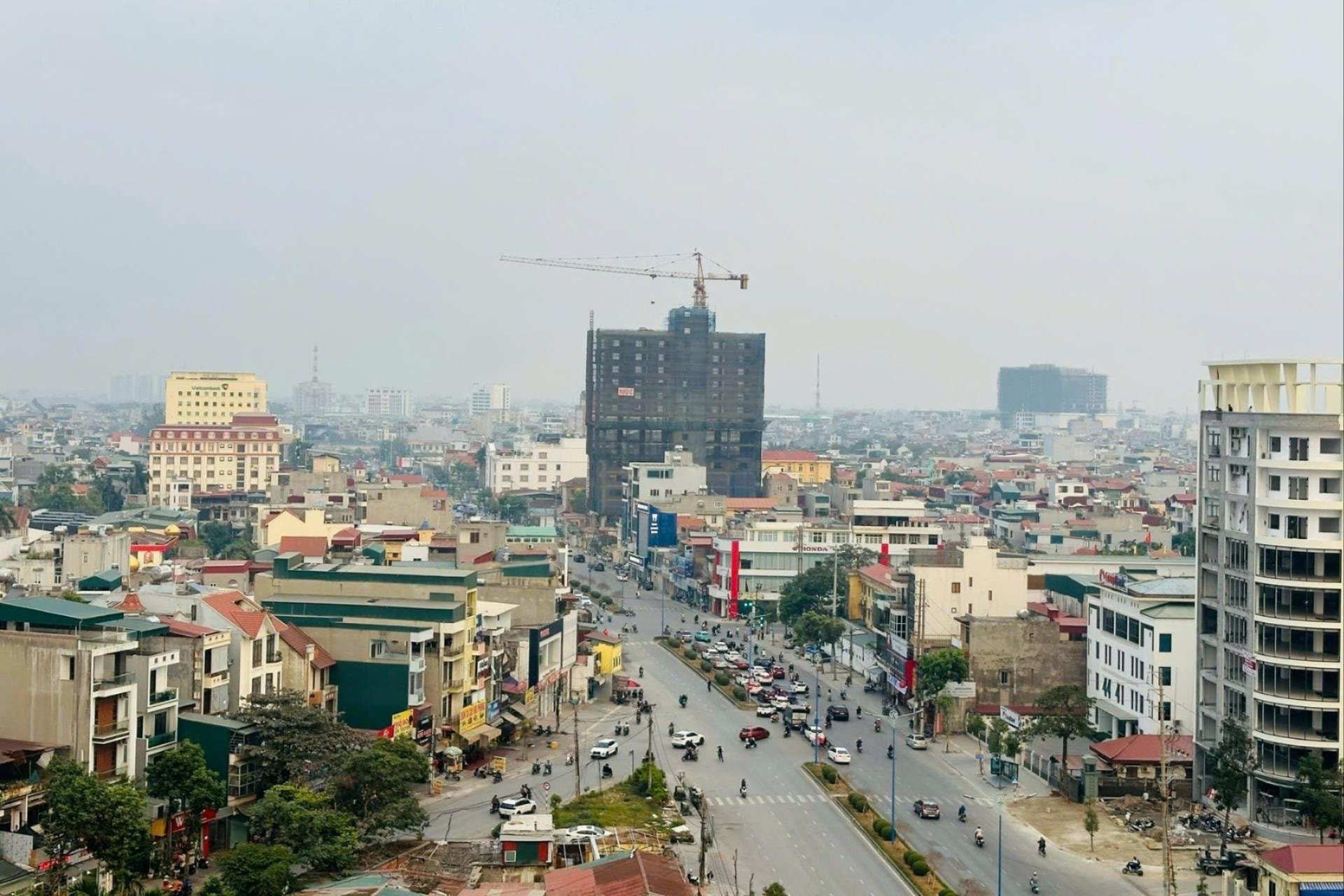



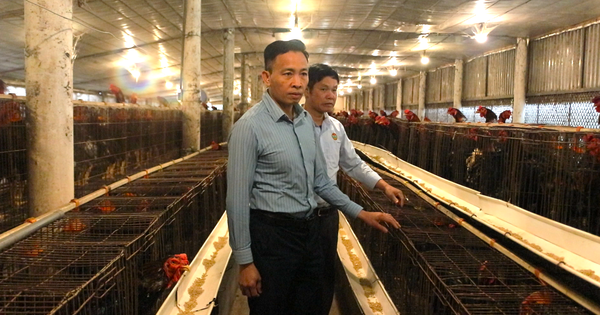




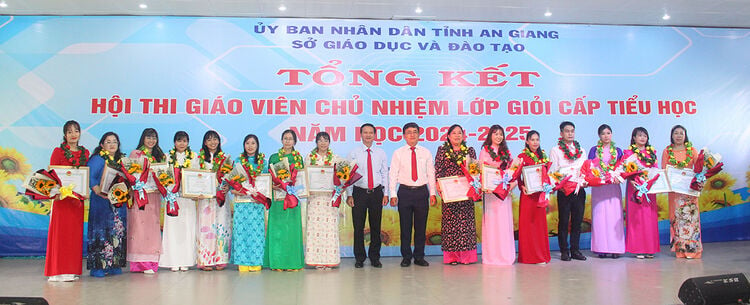











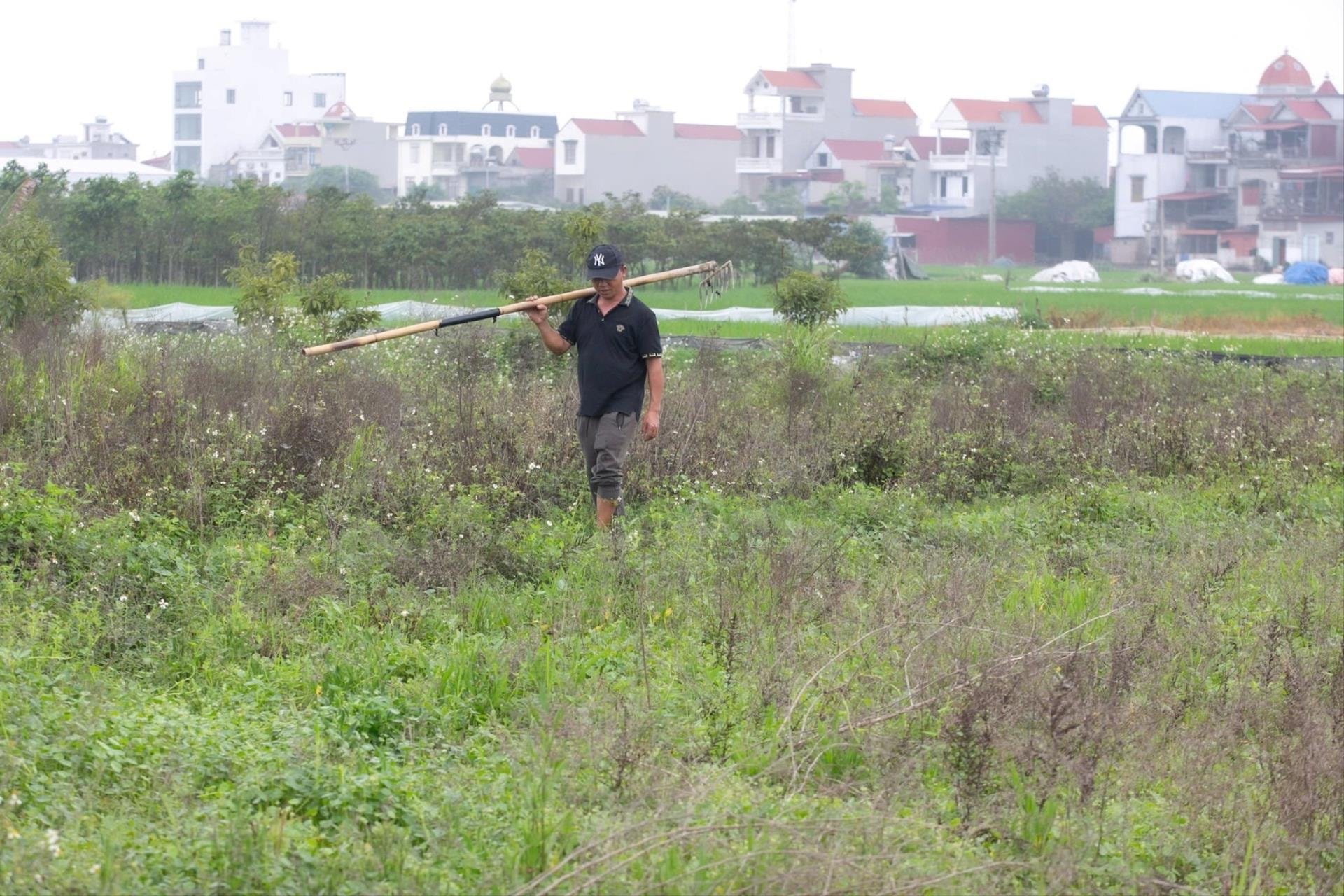














































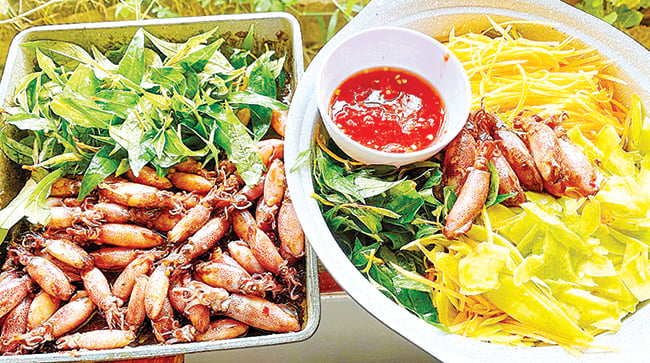

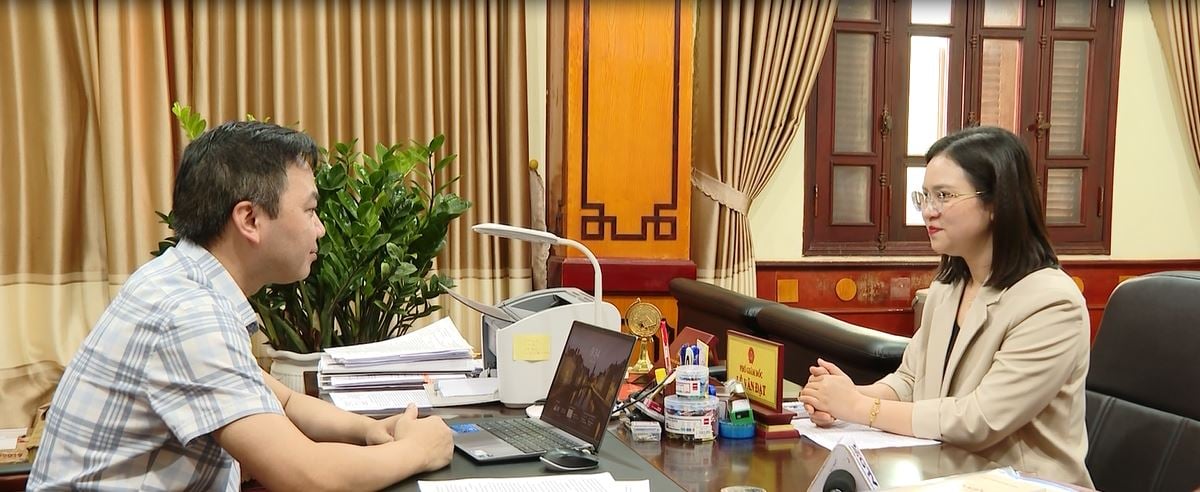














Comment (0)